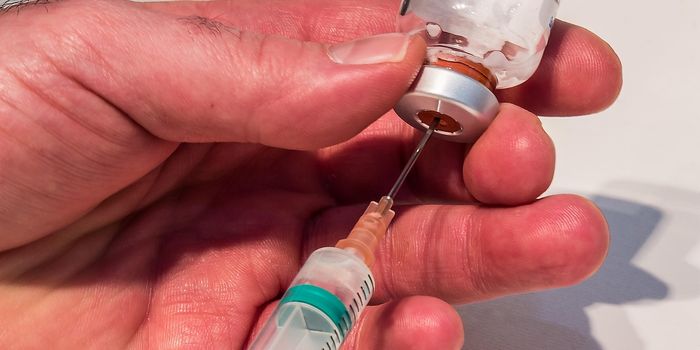In a Small Study, Experimental Immunotherapy Drug for Rectal Cancer has a High Success Rate
The New England Journal of Medicine published results from a small study by researchers at New York’s Memorial Sloan Kettering Cancer Center (MSK) investigating the effects of the drug dostarlimab on rectal cancer. In this small study, 100% of rectal cancer patients taking dostarlimab went into remission. These patients had rectal cancer associated with a specific mutation known as the mismatch repair-deficient (MMRd) rectal cancer.
The study included 12 patients with stage 2 or 3 rectal adenocarcinoma, or cancer that had reached the lymph nodes. None of the patients had undergone chemoradiotherapy or surgery to treat their rectal cancer. The patients were treated with dostarlimab intravenously every three weeks for six months. All 12 patients were in clinical remission at 6 months follow-up.
Adverse events associated with dostarlimab during the trial were rash, itching, fatigue, and nausea. According to Dr. Natalie Azar, a rheumatologist with NYU Langone Hospitals and an NBC News medical contributor, traditional therapies of surgery, chemotherapy, and radiation can leave patients with rectal cancer with significant disabilities and only 25% of patients receiving them achieve clinical remission.
Dostarlimab is a monoclonal antibody, a type of immunotherapy, made by GlaxoSmithKline and approved by the FDA in April 2021 for endometrial cancer in adults. It helps a patient’s immune system recognize and attack cancerous cells by attaching to a cell surface protein, PD-1, present on certain types of cancer cells.
Although dostarlimab is showing promise in patients with MMRd rectal cancer, only 5 to 10% of people with rectal cancer have the mutation dostarlimab targets.
Other cancers involve this mutation, however, including certain types of gastrointestinal, breast, prostate, bladder, and thyroid cancers. Researchers are currently studying dostarlimab in treating early-stage pancreatic cancer.
Sources: NEJM, Today, Cancer Research UK, National Cancer Institute








